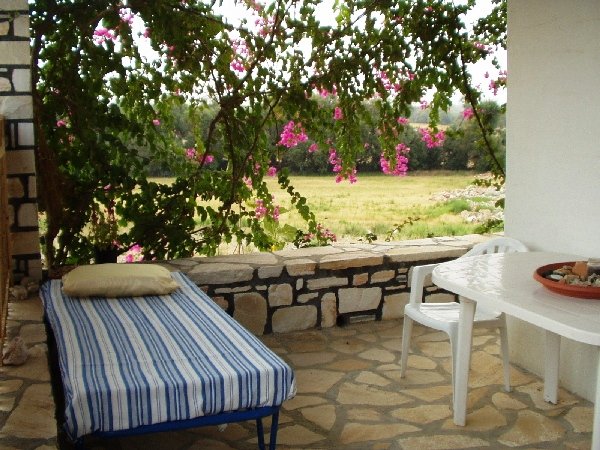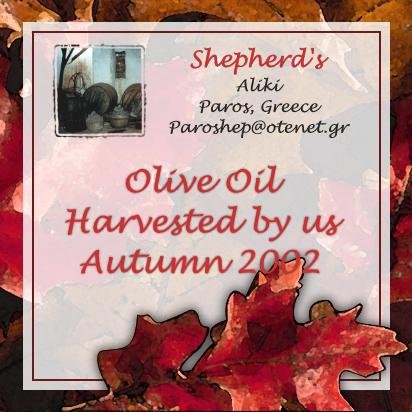More and more scientific studies are coming out on the subject of living a longer and healthier life. The ones that strike home to me emphasize napping, eating and attitude. These all apply to the Greek island lifestyle that I lived for many years.
Ikaria Study:
The most well-known longevity study is from the Greek island of Ikaria. There the percentage of residents over 90 is 10 times the European average. The report outlines what the older islanders did throughout their lives versus what their younger relatives and the rest of the world do now. “Fish, fruit, vegetables, legumes and tea shield the cardiovascular system. Moreover, daily use of olive oil is beneficent to sexual activity. And, if added to the moderate consumption of coffee, and an afternoon ‘siesta’, these form the ingredients that may compose the secret of longevity,” the researchers said. (They also throw in that genetics and physical activity may have something to do with it.)

Napping:
Another relevant report shows that napping at least three times per week for at least a half-hour was associated with a significantly decreased risk of death from heart disease. This study involved more than 23,000 Greeks aged 20-86. Part of the traditional Greek culture, especially in the islands and especially in summer, is to have a quiet time in the late afternoon, usually meaning a short sleep. As part of an overall focus on reducing stress I have found this a particularly pleasing way to stay healthy.
Diet:
There are countless studies and reports about the benefits of eating healthy foods. Much more often than not healthy foods are those consumed close to where they are grown. In other words if you live where you can easily obtain locally grown meat, vegetables, and fruits it will pay dividends in a better functioning body. This in turn makes it easier to be happy and have a positive outlook. I might add that very modest amounts of red wine are considered a health food as well.

Attitude:
The final study I want to emphasize is a recent one that sought to quantify an elusive factor in all the other longevity studies, that of attitude. Sure enough, it found that a positive attitude appears to be more important than low blood pressure and cholesterol level in adding years to your life. We all know stress and anxiety wear us down quickly. So if we expend that same energy in maintaining a positive, happy viewpoint, our efforts towards a healthy and enjoyable lifestyle become more efficient. *
Personally I identify with these three approaches because while living on the Greek island of Paros I did my best to practice them. I ate vegetables from my neighbors gardens and lamb that the week before was frolicking in the pasture next to my house. In fact we competed with the sheep by occasionally gathering wild greens from the fields. All this was complemented with olive oil that we watched being harvested and processed. As well as imbibing a little too much of the local wine. Of course as expats we did our best to fit into the culture by taking quiet time each afternoon; usually at a nearby beach.
Integrated lifestyle:
My conclusion from these reports and others that I have read is that the key to longevity is to live an integrated lifestyle. Not everyone wants to live on a Greek isle. Yet each person can chose to create an environment in which each aspect reinforces the others. Take time for naps, time to seek out and prepare local seasonal foods, time to enjoy the activities around you. All of these will give you more quality time on earth.
Originally published in a now defunct internet newspaper.
*More on happiness at Hedonism is Healthy


[…] Does it celebrate the good life or an early death, or both. Read about Greeks integrated lifestyle here and more about interpreting the mosaic […]